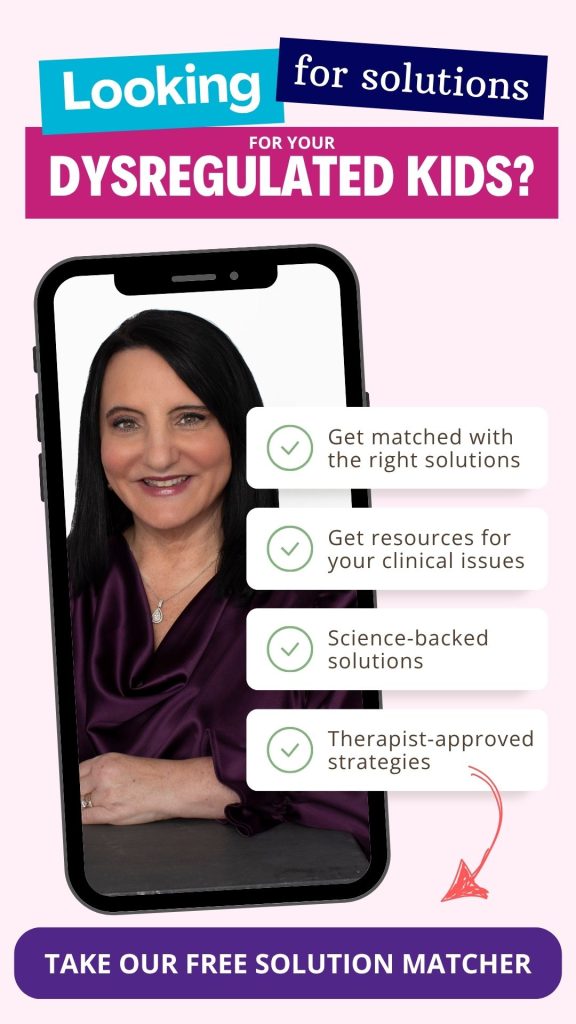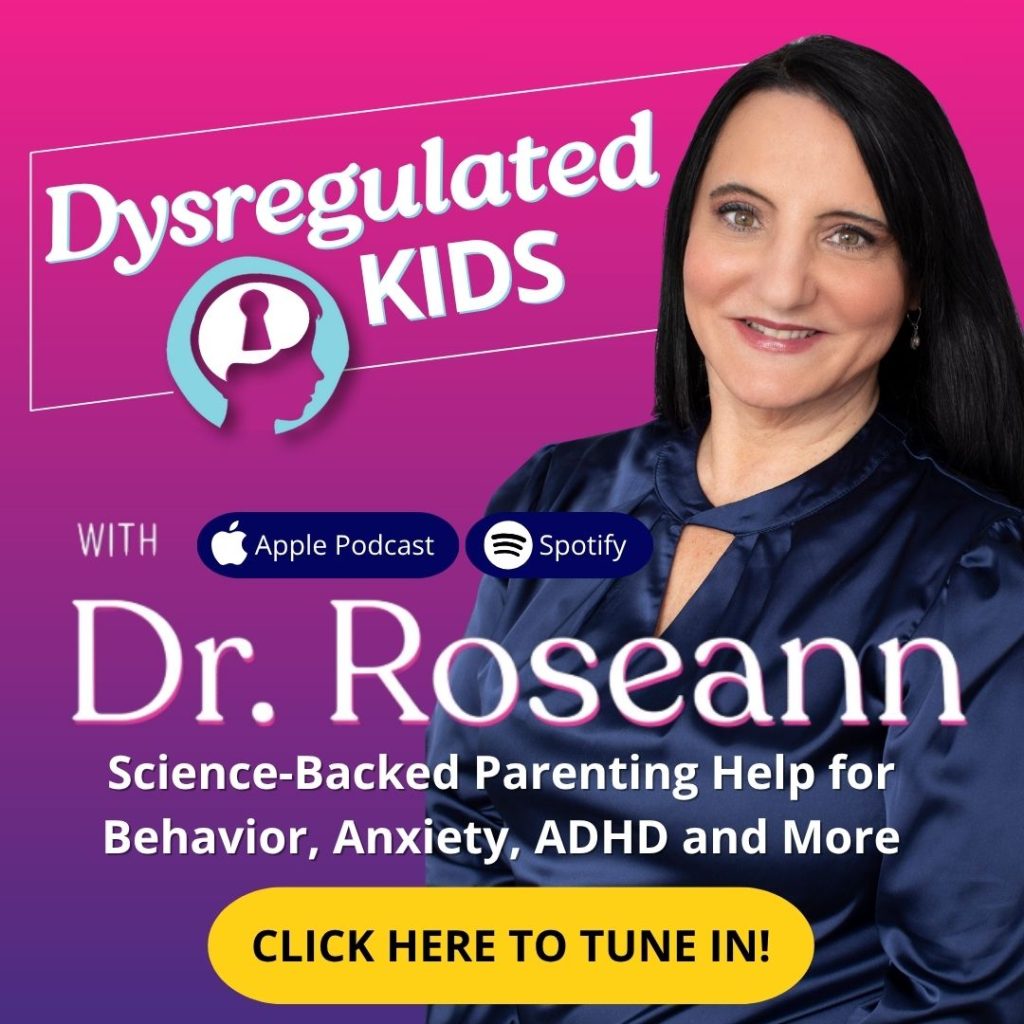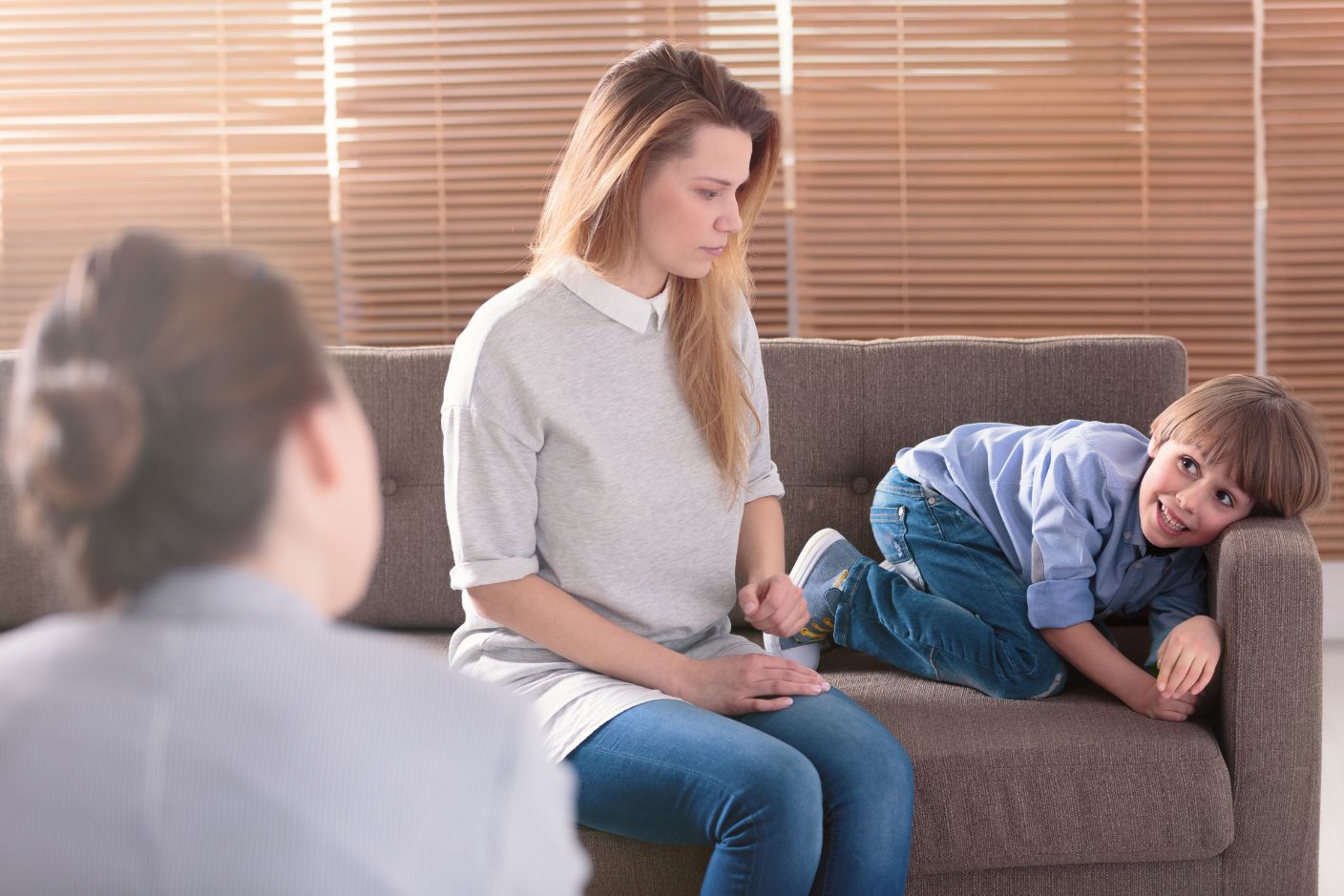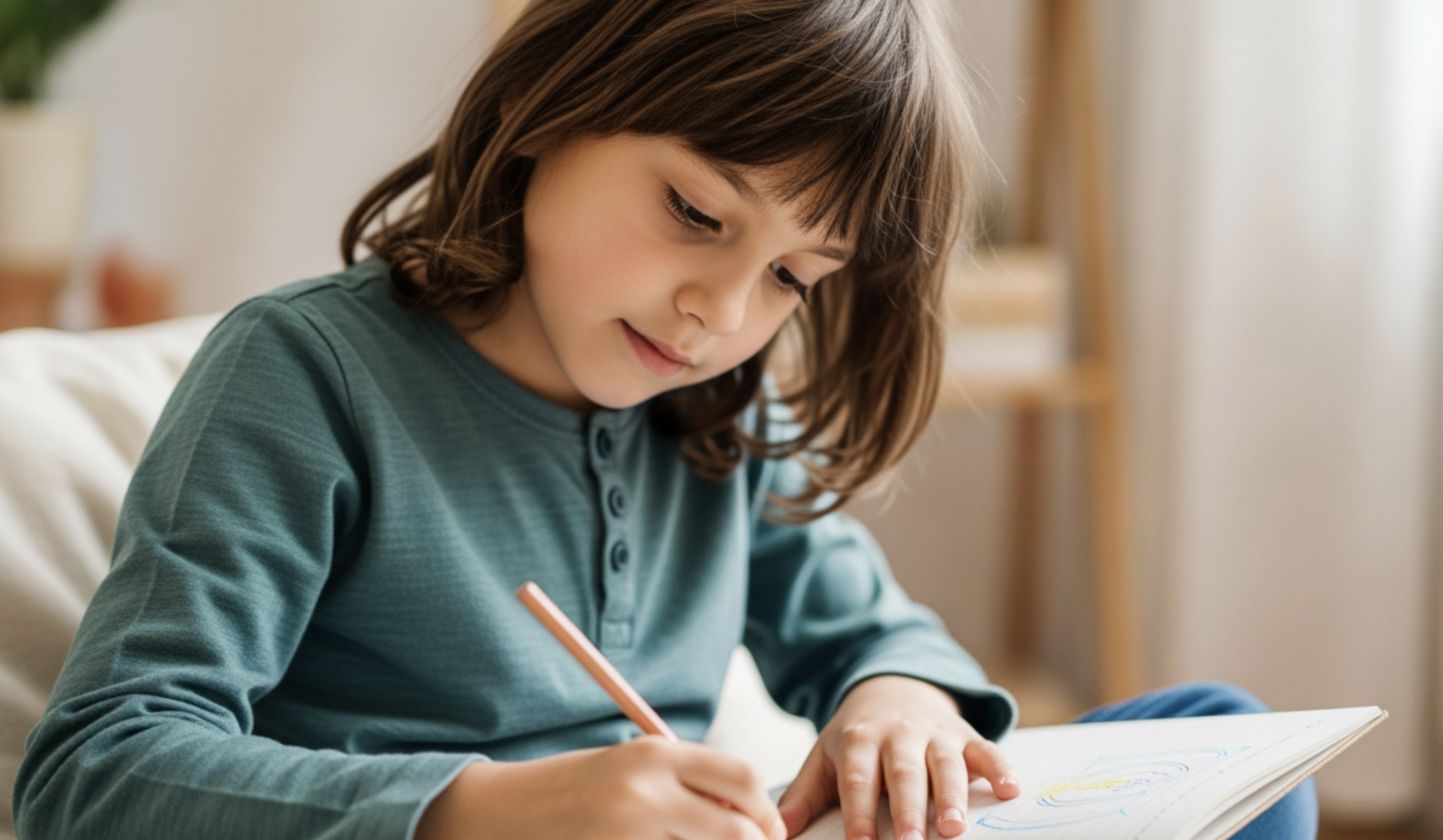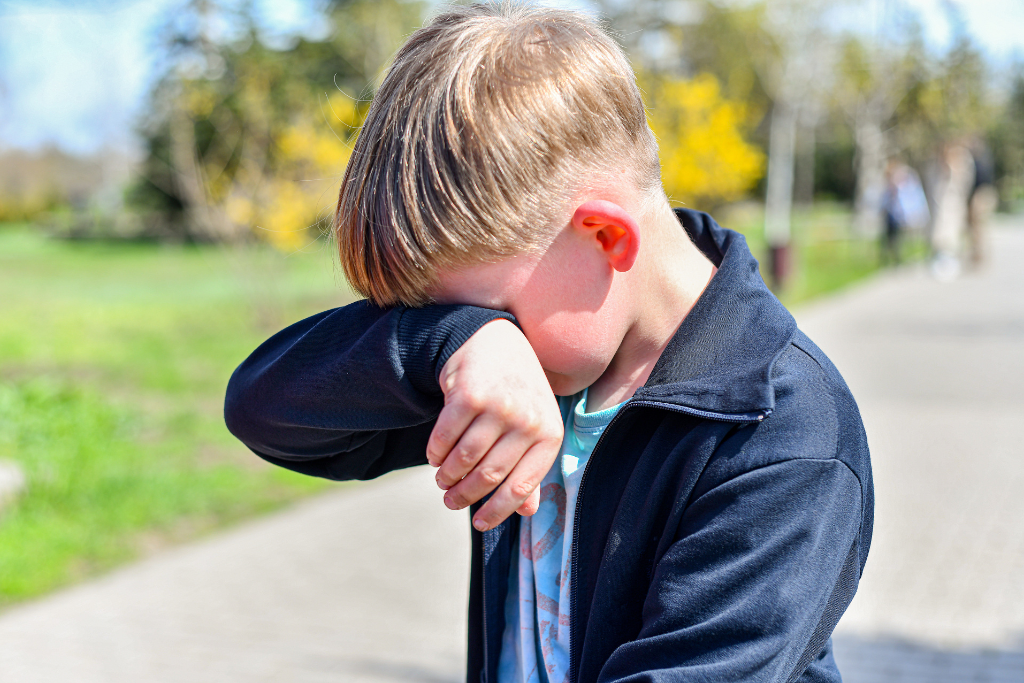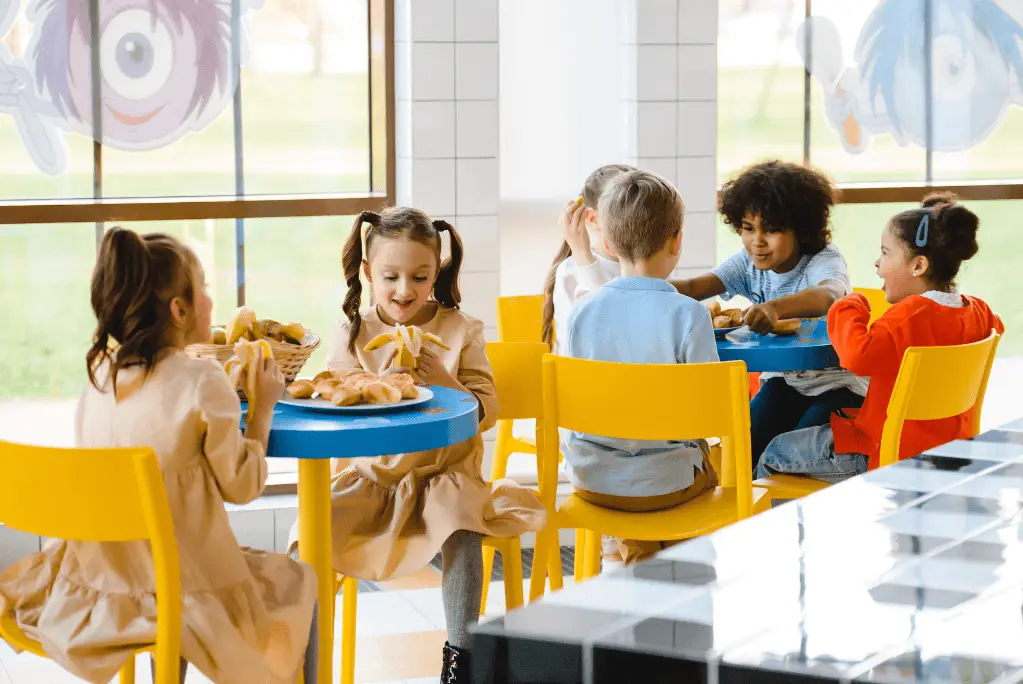
Estimated reading time: 7 minutes
You send your kid to school to learn, grow, and succeed in life. But when they struggle with self-regulation, everything can get in the way (from focusing to dealing with frustration).
The good news? There are clear, strategic IEP goals that actually support emotional regulation, so your child can feel calmer, more in control of their emotions, and ready to learn.
Read about: Special Education for Dysregulated Kids

What Does Self-Regulation Mean for My Child?
Self-regulation is how your child manages their emotions, thoughts, and behaviors so they can stay focused, follow directions, and handle challenges in the classroom.
It’s something more than“ controlling behavior.” It’s about calming their nervous system so they can:
- Focus and complete tasks
- Transition between activities without meltdowns
- Express emotions in healthy ways
Solve problems without shutting down or acting out
Why Are Self-Regulation Goals Important in My Child's IEP?
Because no learning can happen when a child’s brain is dysregulated.
Key Benefits of IEP Self-Regulation Goals:
- Help kids stay calm enough to learn
- Reduce emotional outbursts and behavior challenges
- Improve focus, attention, and follow-through
- Strengthen relationships with peers and adults

How Can I Tell If My Child Needs Self-Regulation Goals?
If your child...
- Cries, yells, or shuts down when overwhelmed
- Struggles to stay seated or focused
- Has difficulty shifting between tasks or settings
- Overreacts emotionally to small issues
- Brings daily complaints from school
...then they likely need support with self-regulation. These behaviors are clues, not signs of bad parenting or a “difficult child.”
https://youtu.be/z1EP0ibLFgc
What Should a Self-Regulation Goal Look Like?
A strong goal is specific, measurable, and focused on teaching skills, not just reducing behaviors.
Examples of IEP Goals for Self-Regulation:
- "When frustrated, [Student] will use a calming strategy (e.g., deep breathing) in 4 out of 5 opportunities, with visual cueing, by the end of the IEP cycle."
- "During transitions, [Student] will follow a three-step transition routine with no more than one verbal prompt in 80% of opportunities."
- "[Student] will identify their emotional state using a feelings chart and request a break with adult support in 3 out of 5 observable instances."
TIP: Goals should evolve as your child learns. Start with support (like adult cues) and build toward independence.

How Can I Support My Child’s Progress Toward These Goals at Home?
You don’t have to become a therapist, but small things at home can make a huge difference.
At-Home Support Ideas:
- Use visual schedules and timers to reduce transition stress
- Model calming techniques (Box Breathing, Heart Hugs, 5-4-3-2-1 Grounding)
- Build in 10-minute reset breaks after school
- Praise regulation attempts, not just “perfect” behavior
Real-Life Example: Tonya, a mom of a 7-year-old with ASD, started using a “calm corner” with sensory tools at home. After a few weeks, her son began asking to use it when he felt overwhelmed, a huge step forward.
What Accommodations Can Help My Child Achieve Self-Regulation Goals?
IEP accommodations should reduce stressors and create space for your child to practice regulation.
Helpful Accommodations Include:
- Break passes or scheduled movement breaks
- Check-ins with a trusted adult
- Access to sensory tools (fidget, noise-canceling headphones, etc.)
- Clear visual cues or emotion check-ins
- Preferential seating or reduced stimuli environments
How Will Progress Be Measured and Communicated to School?
Progress should be tracked with data—not just feelings or general feedback.
Progress Monitoring Might Include:
- Behavior checklists (daily or weekly)
- Teacher observations and notes
- Frequency of strategy use (e.g., how often the child uses a break card)
- Work completion and engagement rates
Ask your IEP team:
- How often will data be collected?
- How will it be shared with me?
- What happens if my child isn’t meeting their goals?
What If My Child Isn’t Making Progress on Their Self-Regulation Goals?
If goals aren’t working, it’s not a failure, it’s feedback.
Here’s What You Can Do:
- Request a team meeting to review data
- Re-evaluate goals for specificity and realism
- Check if accommodations are being implemented
- Consider a Functional Behavioral Assessment (FBA)
Parent Reminder:
"Let’s calm the brain first, then we can teach regulation skills."
Parent Action Tips
Ask for an IEP Meeting - Don’t Wait Use the Solution Matcher to Find the Right Support Add One Daily Nervous System Regulating Routine Track What’s Working in a Weekly Journal If dysregulation continues despite support, consider exploring a QEEG brain map to better understand your child’s brain
FAQs About IEP Goals for Self-Regulation
What’s the difference between emotional regulation and self-regulation?
Self-regulation is the umbrella. Emotional regulation is one part of it, it also includes behavior, attention, and sensory regulation.
My child has autism and meltdowns. Are these goals appropriate?
Yes! In fact, regulation goals are essential for kids with ASD and should be individualized based on sensory needs and communication skills.
Can self-regulation be taught?
Absolutely. With the right support, kids can learn to recognize, understand, and manage their feelings and behaviors.
Should goals include rewards?
Goals should focus on skill-building. Reinforcement (like praise or token systems) can help—but external rewards shouldn’t replace internal regulation development.
What’s a good first step to start the conversation at school?
Ask, “What supports are in place for my child’s regulation right now, and how are they working?”
Citations
Dr. Roseann Capanna-Hodge
Capanna-Hodge, R. (n.d.). 504 accommodations for students with OCD. Dr. Roseann. Retrieved April 23, 2025, from https://drroseann.com/504-for-ocd/
National Center for Education Statistics (NCES)
National Center for Education Statistics. (n.d.). Accommodations: Assisting students with disabilities. U.S. Department of Education. Retrieved April 23, 2025, from https://files.eric.ed.gov/fulltext/ED565777.pdf
Individuals with Disabilities Education Act (IDEA)
U.S. Department of Education. (n.d.). Free appropriate public education (FAPE). Retrieved April 23, 2025, from https://en.wikipedia.org/wiki/Free_Appropriate_Public_Education
Dr. Roseann Capanna-Hodge is a licensed mental health expert that is frequently cited in the media:
- Parade Psychologists Reveal: You’ve ‘Succeeded’ as a Parent if Your Adult Child Has These 11 Subtle Habits
- CBS2 New York (Article) Experts Offer Tips On How To Help Children Deal With Anxiety.
- Parade Want to Know How to Overcome Social Anxiety? We've got Help!.
Are you looking for SOLUTIONS for your struggling child or teen?
Dr. Roseann and her team are all about science-backed solutions, so you are in the right place!
Grab your complimentary copy of

©Roseann Capanna-Hodge

%20.png)



